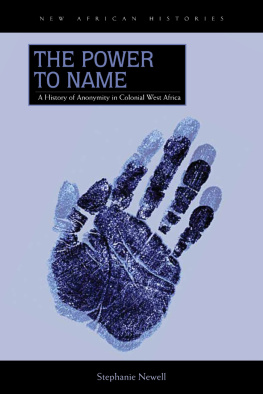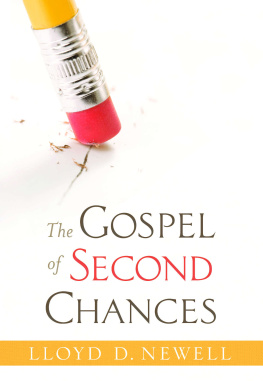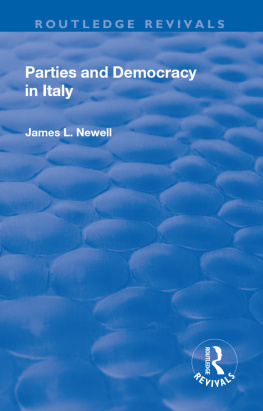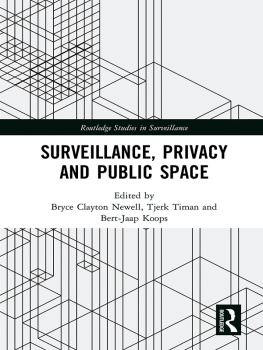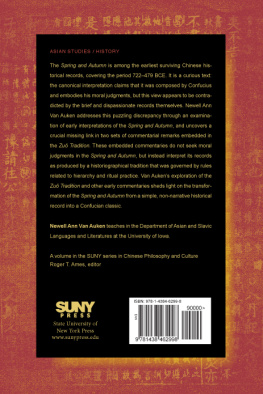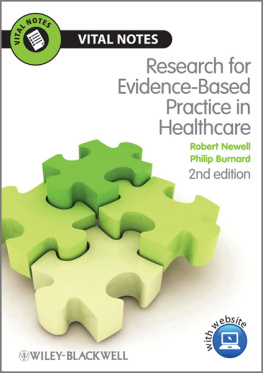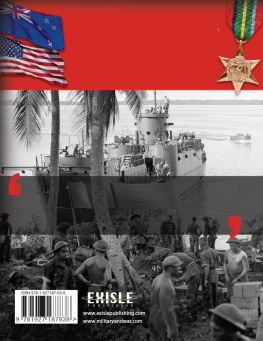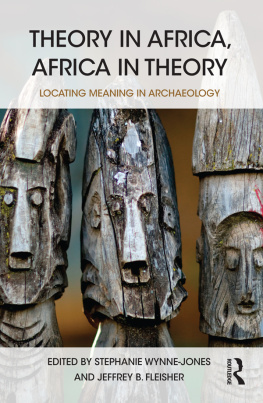The Forgers Tale
NEW AFRICAN HISTORIES SERIES
Series editors: Jean Allman and Allen Isaacman
David William Cohen and E. S. Atieno Odhiambo, The
Risks of Knowledge: Investigations into the Death of the
Hon. Minister John Robert Ouko in Kenya, 1990
Belinda Bozzoli, Theatres of Struggle and the End of
Apartheid
Gary Kynoch, We Are Fighting the World: A History of Marashea Gangs in South Africa, 19471999
Stephanie Newell, The Forgers Tale: The Search for Odeziaku
Jacob A. Tropp, Natures of Colonial Change: Environmental Relations in the Making of the Transkei
The Forgers Tale
The Search for Odeziaku
Stephanie Newell
Ohio University Press, Athens, Ohio 45701
www.ohio.edu/oupress
2006 by Ohio University Press
Printed in the United States of America
All rights reserved
Ohio University Press books are printed on acid-free paper

13 12 11 10 09 08 07 06 5 4 3 2 1
Library of Congress Cataloging-in-Publication Data
Newell, Stephanie, 1968
The forgers tale : the search for Odeziaku / Stephanie Newell.
p. cm. (New African histories series)
Includes bibliographical references and index.
ISBN-13: 978-0-8214-1709-6 (hardcover : acid-free paper)
ISBN-10: 0-8214-1709-6 (hardcover : acid-free paper)
ISBN-13: 978-0-8214-1710-2 (pbk. : acid-free paper)
ISBN-10: 0-8214-1710-X (pbk. : acid-free paper)
1. Stuart-Young, John Moray, 18811939. 2. Authors, English20th centuryBiography. 3. Gay authorsGreat BritainBiography. 4. Gay menGreat BritainIdentity. 5. Gay menAfricaIdentity. 6. Great Britain--ColoniesAfricaHistory20th century. 7. ForgersGreat BritainBiography. I. Title.
PR6037.T915Z79 2006
828'.91209--dc22
2006021296
Contents
Introduction Buried beneath Imperial History
The Search for Odeziaku
Chapter 1Forging Ahead
The Secret Gentleman of Ardwick Green
Chapter 5The Politics of Naming
Igbo Perspectives on Stuart-Young
Chapter 7A Class Apart
Johnny Jones of Back Kay Street
Chapter 8The Production of a Poet
Stuart-Youngs Verse and Its Readers
Figures
Acknowledgments
THIS BOOK IS DEDICATED to Douglas Killam, who generously gave me his entire collection of research materials on Stuart-Young, gathered over many years. A great intellectual debt is also owed to Timothy dArch Smith, who provided many fascinating leads on Stuart-Youngs place in an English literary subculture.
In Nigeria, Professor Akachi Ezeigbo and Professor Chinyere Stella Okunna provided enormous practical and academic support over a four-year period. Anayo Andy Adibemma, Gab Okpaleze, and Victor Agusiobo were first-class research assistants, translators, and friends in Onitsha. Thanks are due to the many senior men and women of Onitsha who agreed to be interviewed for this project. Staff at the National Archives of Nigeria in Ibadan and Enugu provided a friendly and efficient service.
Anna Kerrs sensitive advice on how to rethink and restructure the story kept me working at the manuscript, and Jonathan Wilds willingness to share ideas about middle-brow British culture in the early twentieth century helped open my mind to Stuart-Youngs social position in Manchester. I am indebted to Jean Allman, Allen Isaacman, and Gillian Berchowitz for their assistance in guiding the manuscript through its final stages. The comments of members of the English Department at the University of Lagos also helped to shape my ideas about the Igbo names for Stuart-Young.
Grahame Smith and Angela Smith provided useful guidance on Edwardian poetry. Donald H. Mader kindly shared his copy of Stuart-Youngs Impressions, and the ever-inspiring Misty Bastian offered many ideas about Mami Wata in Onitsha. Karen Chiarodits comments on Stuart-Youngs forgeries helped me to appreciate his complex personality, as did Kathryn Thorndycrafts report comparing Stuart-Youngs and Oscar Wildes handwriting samples. Research trips to West Africa and an extended period of writing were generously funded by a Leverhulme Research Fellowship in 20042005. Research funding also came from Trinity College Dublin in 2002 and the Research Fund of the School of Humanities, University of Sussex.
appeared as Remembering J. M. Stuart-Young of Onitsha, Colonial Nigeria: Memoirs, Obituaries and Names, Africa 73, no. 4 (2003): 50530. Thanks are due to the editors and publishers of both journals for their permission to reproduce this material.
Permission to reprint photographic and archival materials came from the following: front cover by permission of Ohio Historical Society; by kind permission of the Ordnance Survey. Every effort has been made to establish the ownership of the photographic material reproduced in this book. Additional information should be sent to the author, care of Ohio University Press.
INTRODUCTION
Buried beneath Imperial History
The Search for Odeziaku
Onitsha had always attracted the exceptional, the colourful and the bizarre. Take the strange Englishman, J. M. Stuart-Young... a mystery man who was perhaps a doctor of philosophy and perhaps not.
Emmanuel Obiechina, Literature for the Masses
AT DAYBREAK ON 30 May 1939, approximately 200 senior and influential Igbo women assembled outside a modest wooden house in New Market Road, Onitsha. Quaintly named The Little House of No Regrets, the property belonged to a British palm oil trader and poet who was known to the educated community as Dr. John Moray Stuart-Young and to the market women as Odoziaku (meaning arranger, manager, or keeper of wealth), a name he and his elite African friends persistently misspelled as Odeziaku. He had died two days earlier in Port Harcourt after a long struggle against throat cancer. The women now gathering outside his house controlled the large market in Onitsha and they wished to make certain comments about the life of the deceased.
Inside the house, Solomon Obike grieved for the man with whom he had lived for nearly twenty years, first as a servant, boy-lover, and protg in the late 1920s; later as a secretary and companion; and finally as a nurse. For many of these years, Obikes wife and children occupied rooms at the back of the house, looking in on the affectionate, shifting relationship between the Manchester trader and the younger Igbo man.
At a signal from the womens leader outside the building, the mourning party started to dance and sing, using the licensed performance space conferred on Igbo women at funerals to construct a forceful commentary on the life of the deceased. A funeral represented a critical chapter in a persons life story in Onitsha at this time: the good name one had built up since birth could be reinforced or shattered by the oral performances of different groups of mourners. They could also exploit formal lamentation genres by inserting grammars of disapproval and contempt into the lavish praise songs typically performed on such occasions. Aberrant citizens could thus expect to fall into a web of oral censure at some point in their lives.


